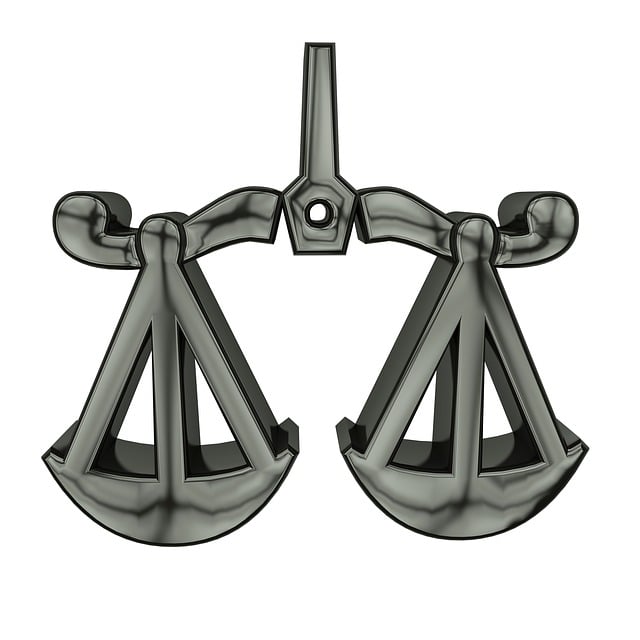The RF Securities industry faces a multi-layered regulatory system aimed at maintaining market integrity through investor protection, fraud prevention, and stability. Compliance is crucial to avoid severe penalties for violations, which can include fines, asset freezes, and jail time. Organizations must implement robust strategies like understanding regulations, continuous training, meticulous record-keeping, and internal controls to defend against such violations, as seen in recent crises and high-profile cases. Staying informed and conducting regular employee training are key to mitigating risks and ensuring long-term sustainability and public trust.
The RF Securities industry faces stringent regulation to ensure fairness, transparency, and investor protection. This article delves into the intricate world of RF Securities Industry Regulation, highlighting key players and critical acts shaping the landscape. We explore practical strategies for compliance to prevent violations, maintain market integrity, and safeguard investors’ trust. Additionally, through case studies, we examine the severe consequences of regulatory breaches, offering valuable lessons for defending against financial regulation violations.
- Understanding RF Securities Industry Regulation: Key Players and Act
- Strategies for Compliance: Preventing Violations and Maintaining Trust
- Consequences of Financial Regulation Violations: Case Studies and Lessons Learned
Understanding RF Securities Industry Regulation: Key Players and Act

The RF Securities Industry Regulation is a complex web of laws, guidelines, and oversight bodies designed to maintain integrity and fairness in financial markets. At its core, this regulation aims to protect investors, prevent fraud, and ensure market stability. Key players in this domain include regulatory authorities such as the SEC (Securities and Exchange Commission) and state-level securities divisions, which enforce rules and investigate violations. These agencies work collaboratively with self-regulatory organizations (SROs) like FINRA (Financial Industry Regulatory Authority), who oversee broker-dealers and set industry standards.
Understanding these regulatory dynamics is crucial for defending against financial regulation violations. In cases of non-compliance, individuals and entities may face severe consequences, including substantial fines, asset freezes, and even jail time for executives involved in white-collar and economic crimes. The goal of such stringent measures is not only to punish misconduct but also to deter potential violators. Should a charge be brought, one possible outcome is a complete dismissal of all charges through robust legal defense strategies, though this remains an exceptional result rather than a guaranteed outcome. Jury trials play a significant role in these cases, offering both the prosecution and defense a fair platform on which to present their arguments.
Strategies for Compliance: Preventing Violations and Maintaining Trust

Maintaining compliance within the RF Securities industry is paramount to preventing violations and safeguarding investor trust. Financial institutions must adopt robust strategies that encompass a comprehensive understanding of relevant regulations, continuous employee training, and meticulous record-keeping. By integrating these practices into their operational fabric, firms can mitigate the risk of regulatory breaches, ensuring they remain trustworthy in the eyes of investors and market participants alike.
A key component of this strategy involves leveraging general criminal defense mechanisms tailored to the respective business activities. Regular reviews of internal policies, coupled with mock jury trials, can effectively prepare organizations for potential legal challenges. Such proactive measures not only defend against financial regulation violations but also foster a culture of ethical conduct and risk management across all levels of the organization.
Consequences of Financial Regulation Violations: Case Studies and Lessons Learned

The consequences of financial regulation violations can be severe, often leading to significant legal and reputational damage for corporations and individuals alike. Case studies from around the globe illustrate this point vividly. For instance, the 2008 global financial crisis was partly triggered by unregulated mortgage lending practices in the US, causing widespread economic turmoil and prompting stricter oversight globally. In recent years, several high-profile white-collar criminal cases have highlighted the importance of defending against financial regulation violations. These include fines exceeding billions of dollars for major institutions that failed to adhere to anti-money laundering (AML) rules and regulations.
These incidents serve as valuable lessons learned in navigating the complex landscape of financial regulations. Corporate and individual clients must implement robust internal controls, compliance programs, and risk management strategies to mitigate potential violations. A proactive approach to white-collar defense involves staying abreast of regulatory changes, conducting regular training for employees, and fostering a culture that prioritizes ethical conduct and strict adherence to laws and guidelines. By understanding the repercussions of past infractions, businesses can better defend against future financial regulation violations, ensuring long-term sustainability and public trust in their respective business practices.
The RF Securities Industry Regulation is a complex yet essential framework designed to protect investors and ensure fair markets. By understanding key players, implementing robust compliance strategies, and learning from case studies, firms can effectively defend against financial regulation violations. Maintaining trust through diligent adherence to regulations is paramount for the longevity and reputation of any financial institution. With continuous evolution in the regulatory landscape, staying informed and proactive remains a critical strategy for success.






